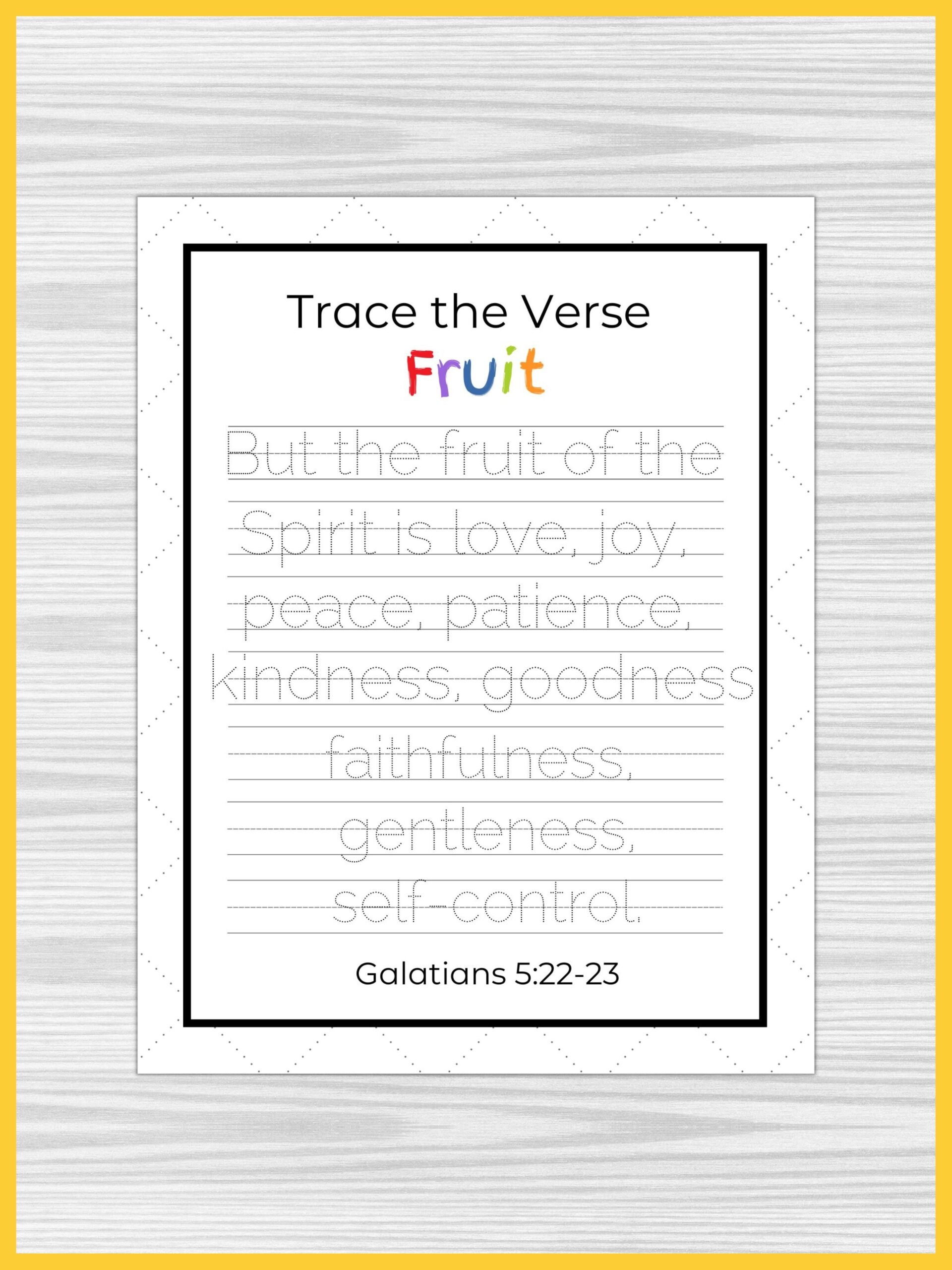Did you know that pollinators play a crucial role in the production of fruits? Without pollinators such as bees, butterflies, and birds, many of our favorite fruits would not be able to grow. It’s important to educate children about the importance of these tiny creatures and how they help us enjoy delicious fruits.
Our free printable activity page is a great way to engage children in learning about pollinators and their role in fruit production. The activity page includes coloring sheets of different pollinators, a maze to help a bee find its way to a flower, and a word search featuring fruits that are pollinated by insects. This fun and educational activity page will keep children entertained while teaching them valuable information about the natural world.
As children complete the activity page, they will learn about the different types of pollinators and how they help fruits grow. They will also discover the connection between pollinators and the food we eat every day. By engaging in this hands-on activity, children will develop a greater appreciation for the important work that pollinators do.
Parents and teachers can use this activity page as a fun and interactive way to introduce children to the concept of pollination. By providing them with a visual representation of how pollinators interact with flowers and fruits, children will better understand the relationship between these organisms. This activity page can also be used as a springboard for further discussions about the importance of pollinators in our ecosystem.
Download our free printable pollinators fruit activity page today and watch as children have a blast while learning about the amazing world of pollinators. This hands-on activity is sure to spark curiosity and appreciation for the natural world in children of all ages.
Help your child or students connect with nature and learn about the vital role that pollinators play in fruit production with this engaging and educational activity page. Together, we can raise awareness about the importance of pollinators and ensure a healthy and diverse ecosystem for future generations to enjoy.
